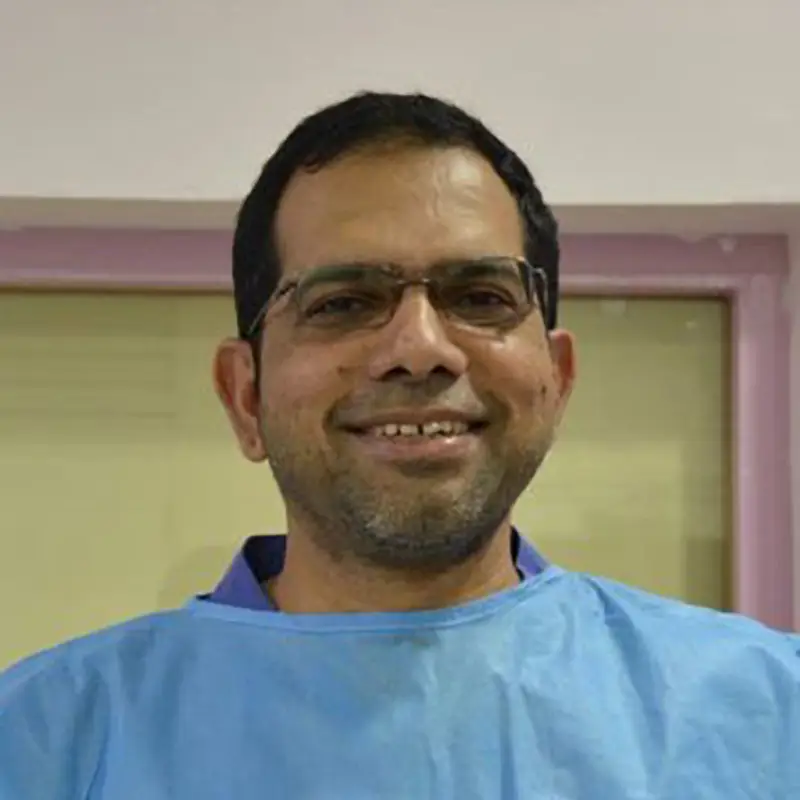Dr Ali Shafeeq
Senior Consultant in Cardiology and Head of Department, National Cardiac Center at the Tertiary Referral Center (Indira Gandhi Memorial Hospital)
India / Maldives

Several government scholarships gave me the chance to study abroad, and to complete my Cardiology training in India. Since 2010, I have been working as the only Cardiologist for the country, taking care of heart problems of all ages.
I had been taking care of all newborn and paediatric heart conditions until the country got a Paediatric Cardiologist in 2015. One of the major challenges was transferring abroad babies with acute heart problems requiring intervention that could save them. This motivated me to start a fetal heart screening programme with the help of Tiny Hearts of Maldives so we would be able to identify heart problems in the womb and safely transfer the mother to a cardiac centre abroad for delivery so that the new born will get immediate treatment when required. This avoided all the inherent risks associated with a high-risk transfer of a haemodynamically unstable newborn. Tiny Hearts of Maldives plays a major role in coordination as we are overburdened with clinical work.
Cardiovascular diseases are a major problem in the Maldives. When I arrived, there were no Cardiologists to look after cardiac patients, who mainly suffer from acute coronary syndromes and heart failure. Tobacco is a major risk factor in the islands, and the leading cause of the acute coronary syndromes we see in younger groups. Our youngest patient living with an acute coronary syndrome is 18 years old, and we also have some patients aged between 20 and 30. All of them had started smoking at a very young age — 8 or 9 years old.
It took almost five years to convince the government to start cardiac catheterization in the country. We started off with a state of the art cathlab in 2016 and have been successful in saving many lives since. This has been one of the most successful programmes that has been started in healthcare sector of the country and I have had the pleasure to lead it from day 1.
Most of my professional time is spent taking care of acute heart problems. It’s an opportunity to get in touch with patients and family members, as well as educate them on lifestyle changes. During our sessions we discuss smoking cessation, diet and physical activity. We now have such programmes in the country, visiting schools to inform children about heart healthy lifestyle choices.
In order to improve heart health in the Maldives, I believe we need to raise awareness about risk factors. The Maldivian Government has come up with procedures that are not being implemented wholeheartedly. For example, though there are smoke free zones in public areas, people who decide to smoke in these zones are not necessarily penalized. There are huge taxes on tobacco in the Maldives; it is generously available in the country probably because businessmen have more say in regulatory matters than health professionals. That’s why we attempt to create awareness and make sure people move away from this dangerous product.
Besides my clinical work, I also serve on the Maldives Medical Council and the Hospital Executive Committee. This gives me the opportunity to meet government officials and bring to their attention the huge cost of taking care of acute heart conditions, emphasizing that prevention is a better approach.
Everyone knows me here in the Maldives. If they suffer from a heart condition, they look for me — because I was the first Cardiologist of the country. I’m available 24/7 and I take this challenge and responsibility very seriously.